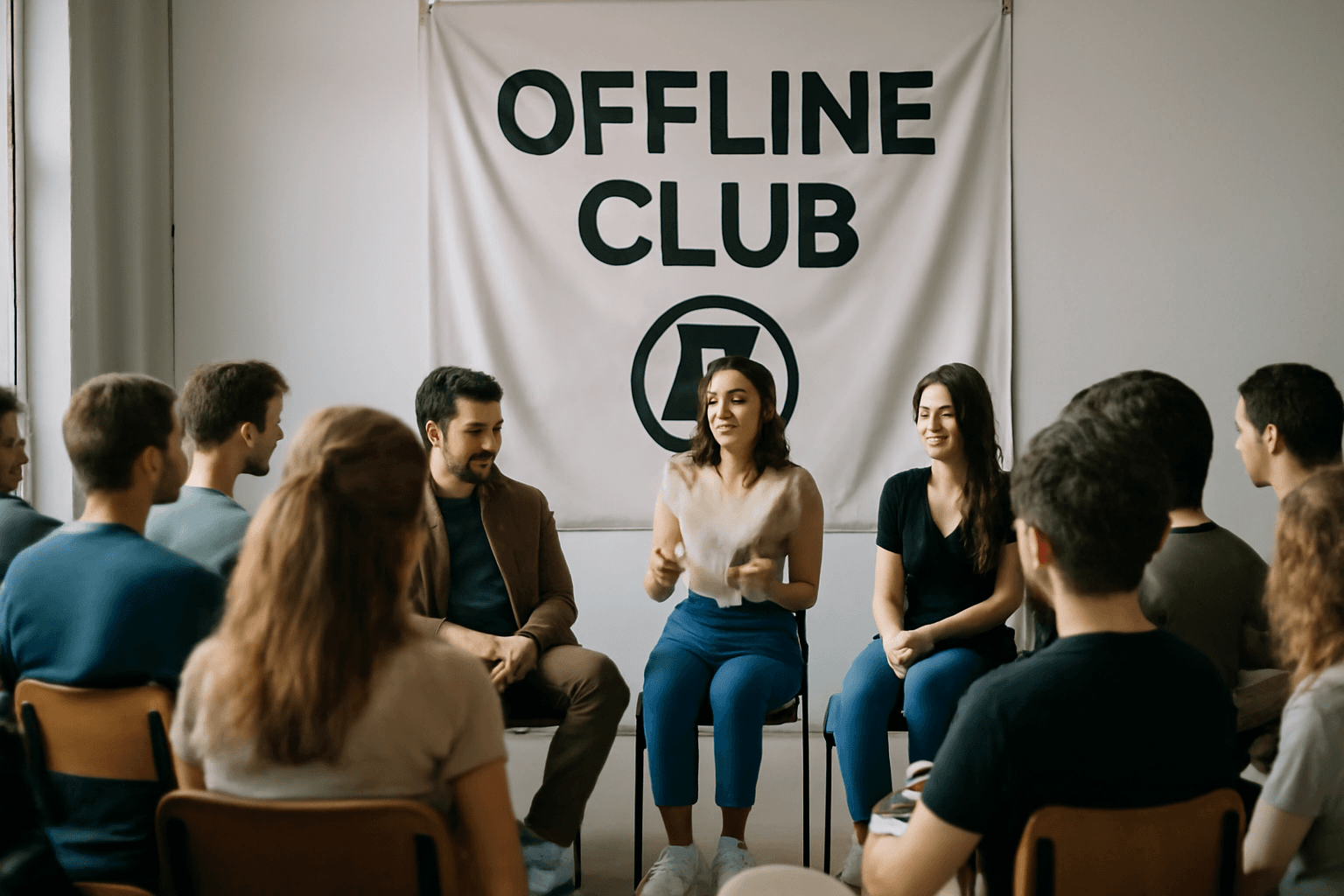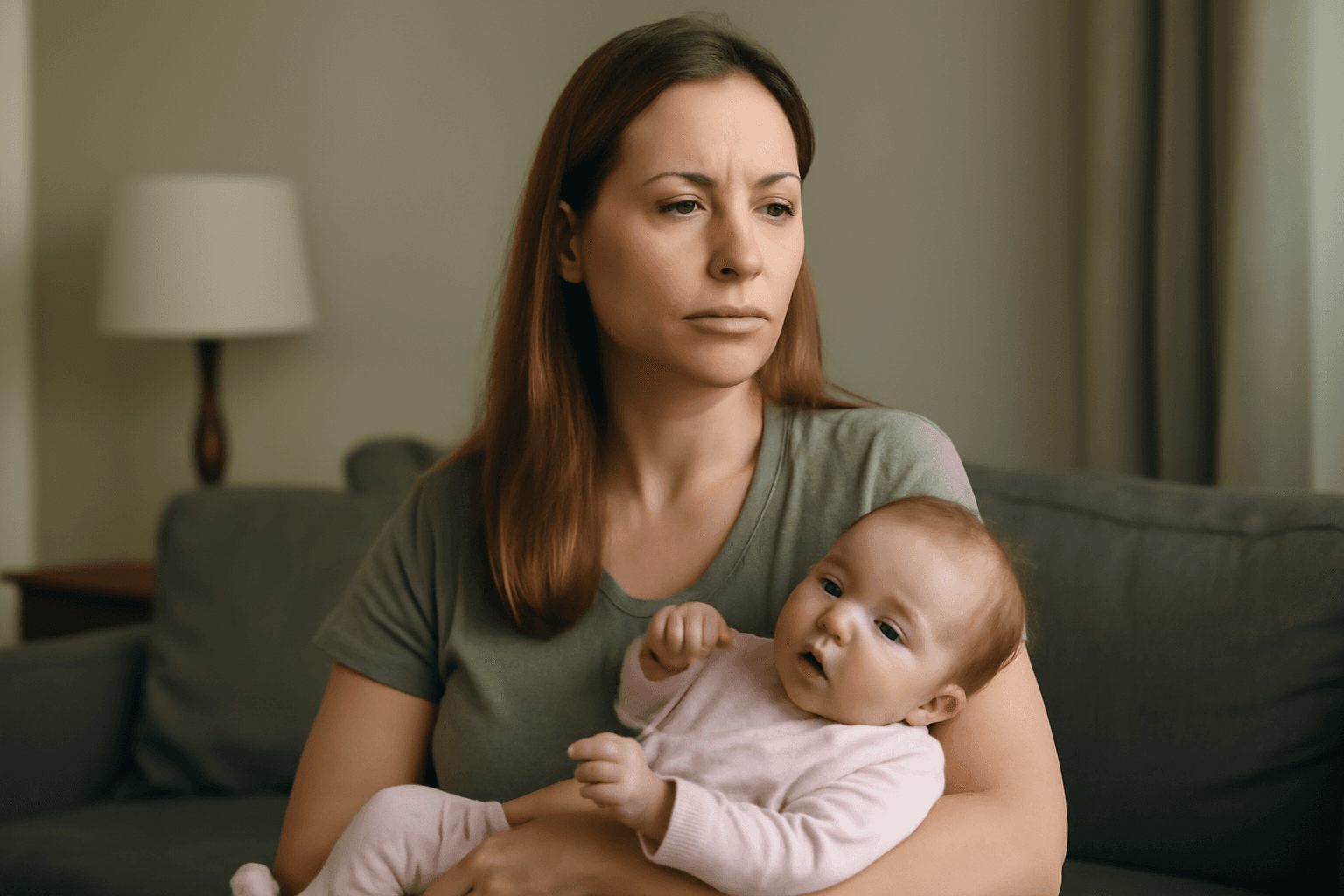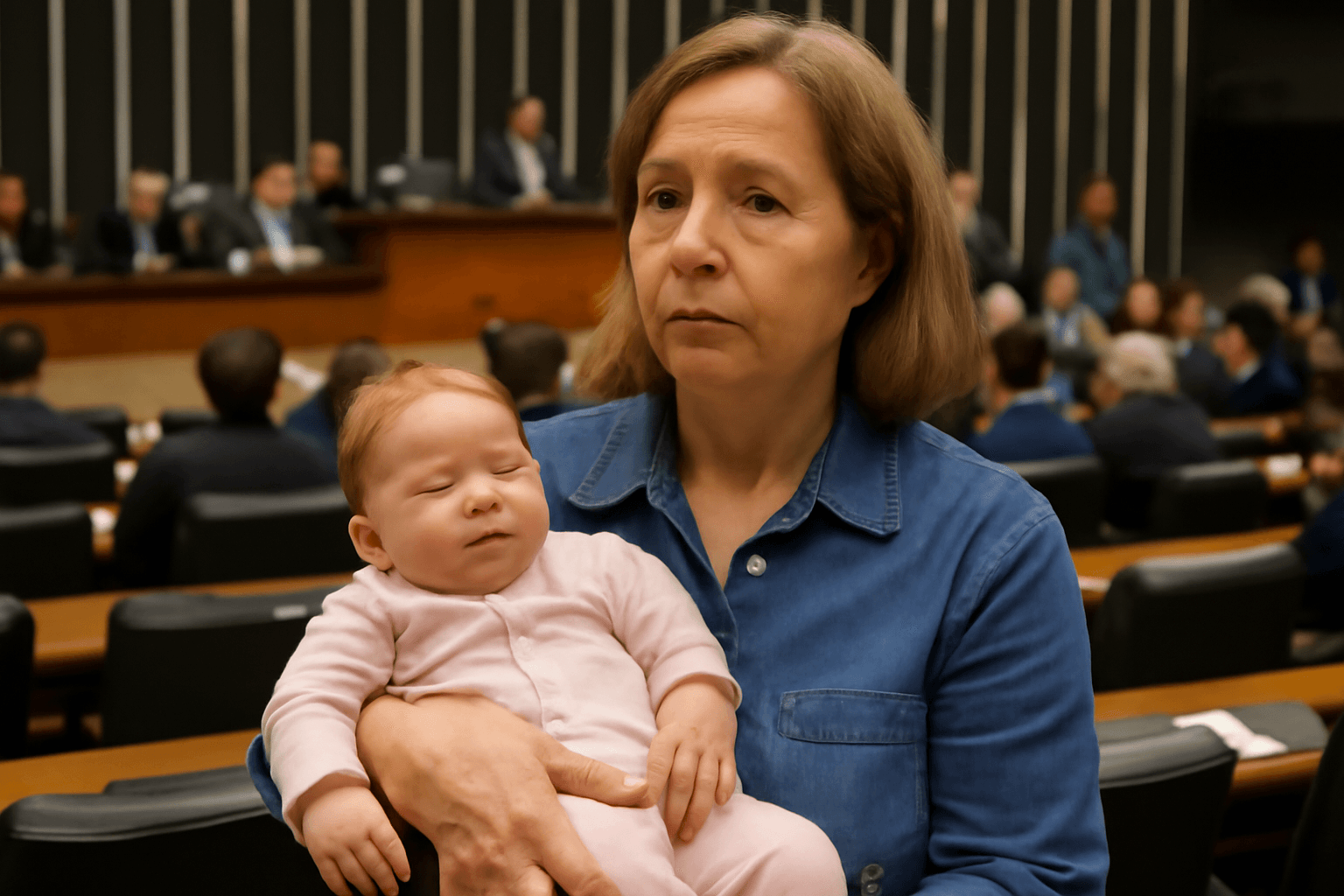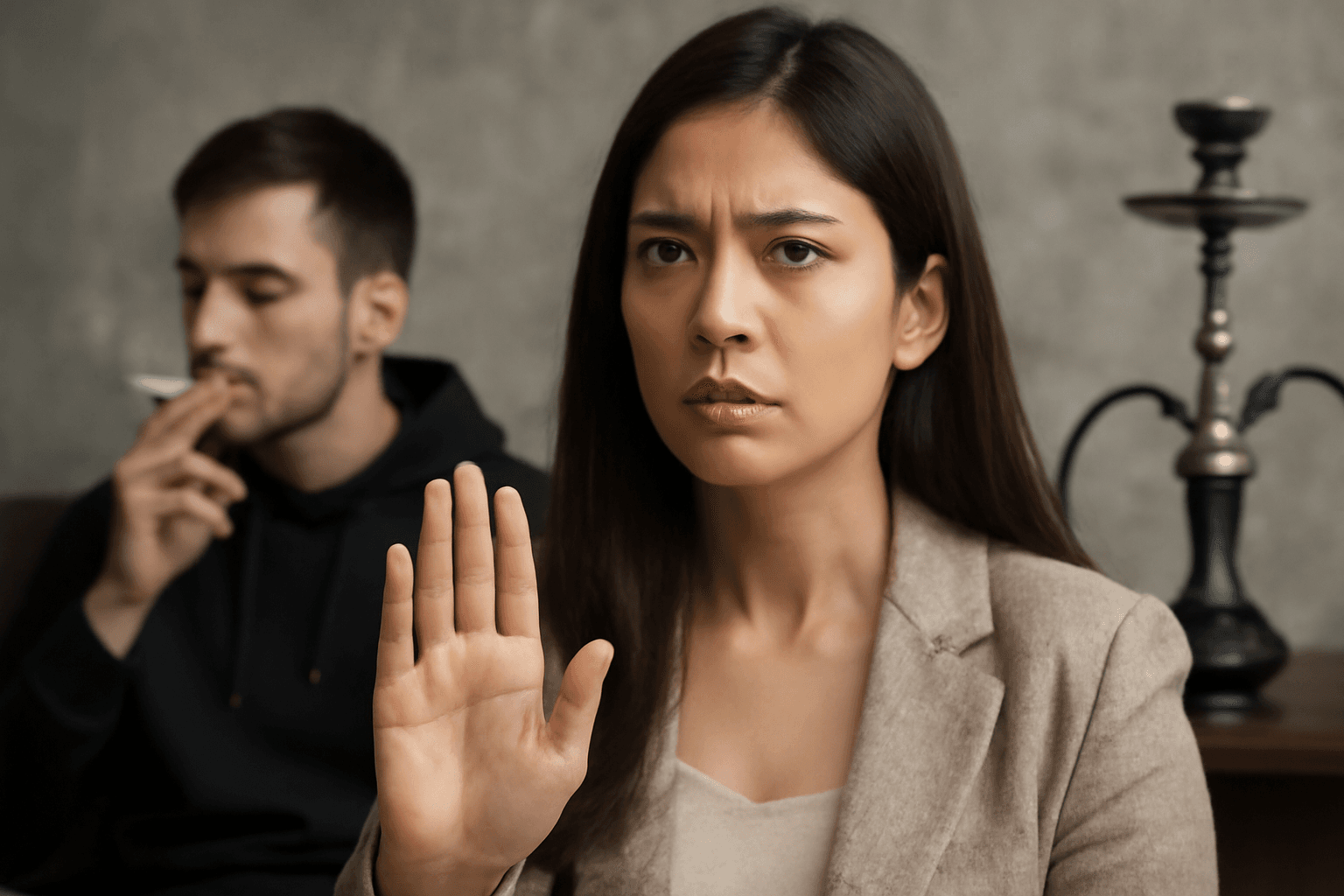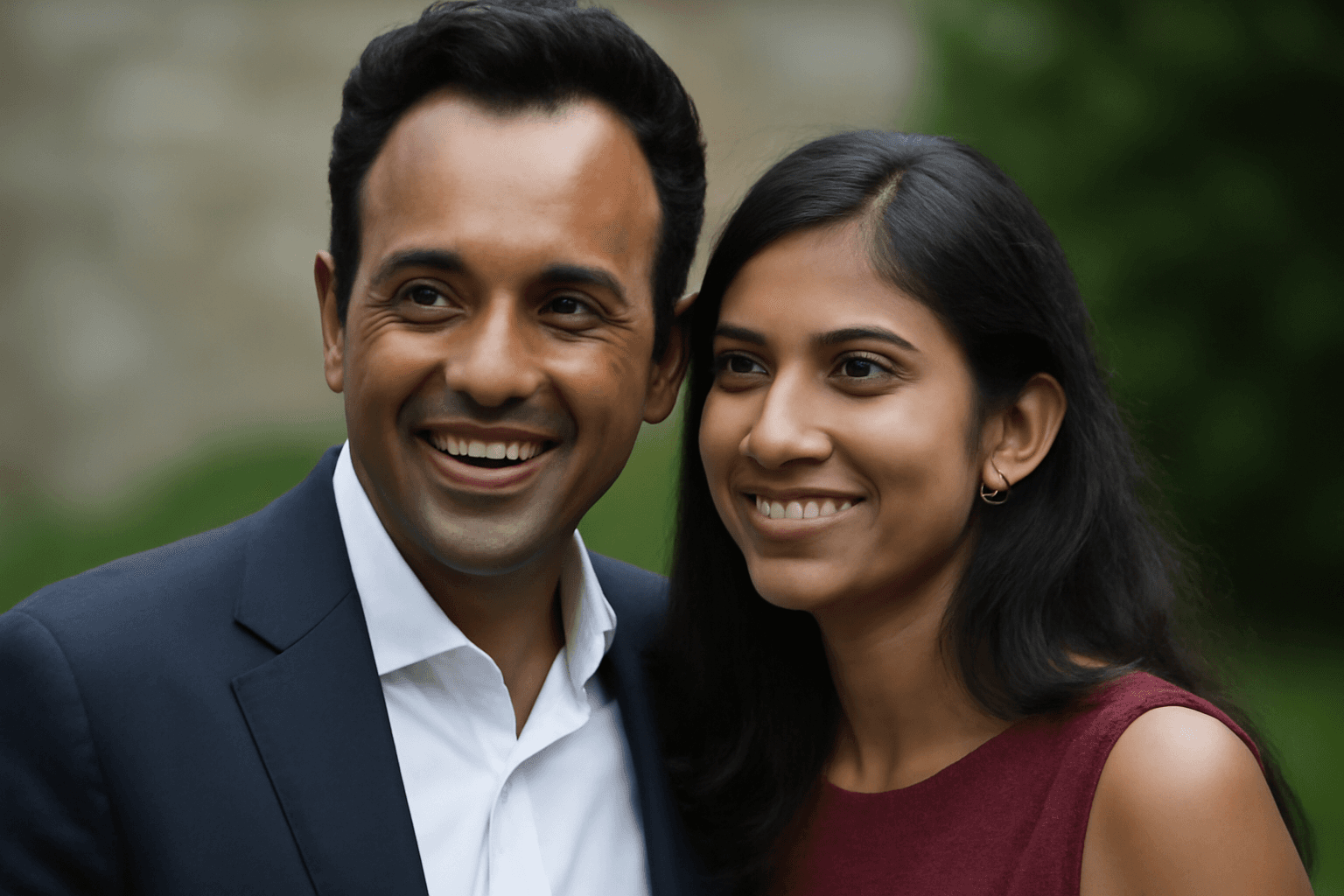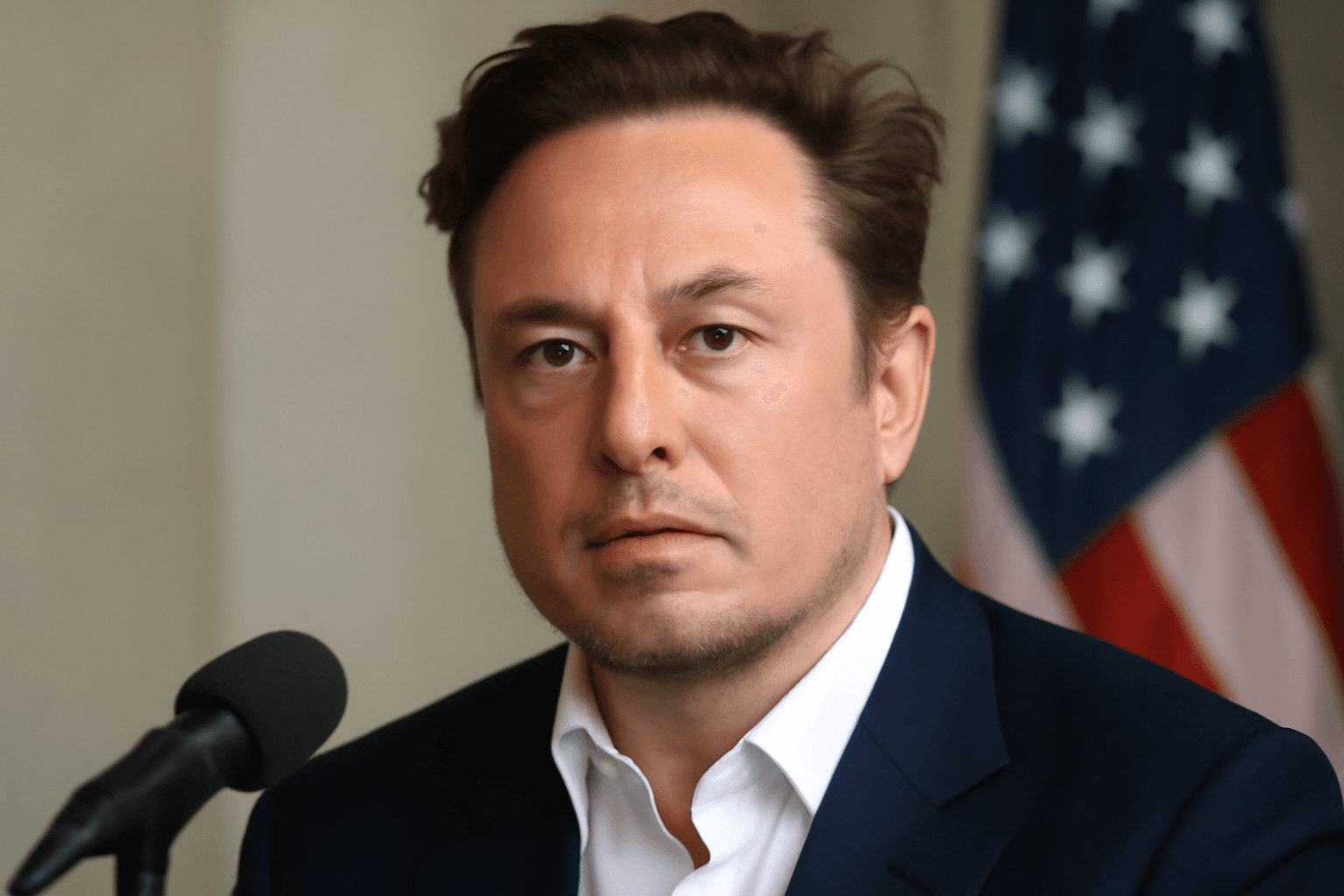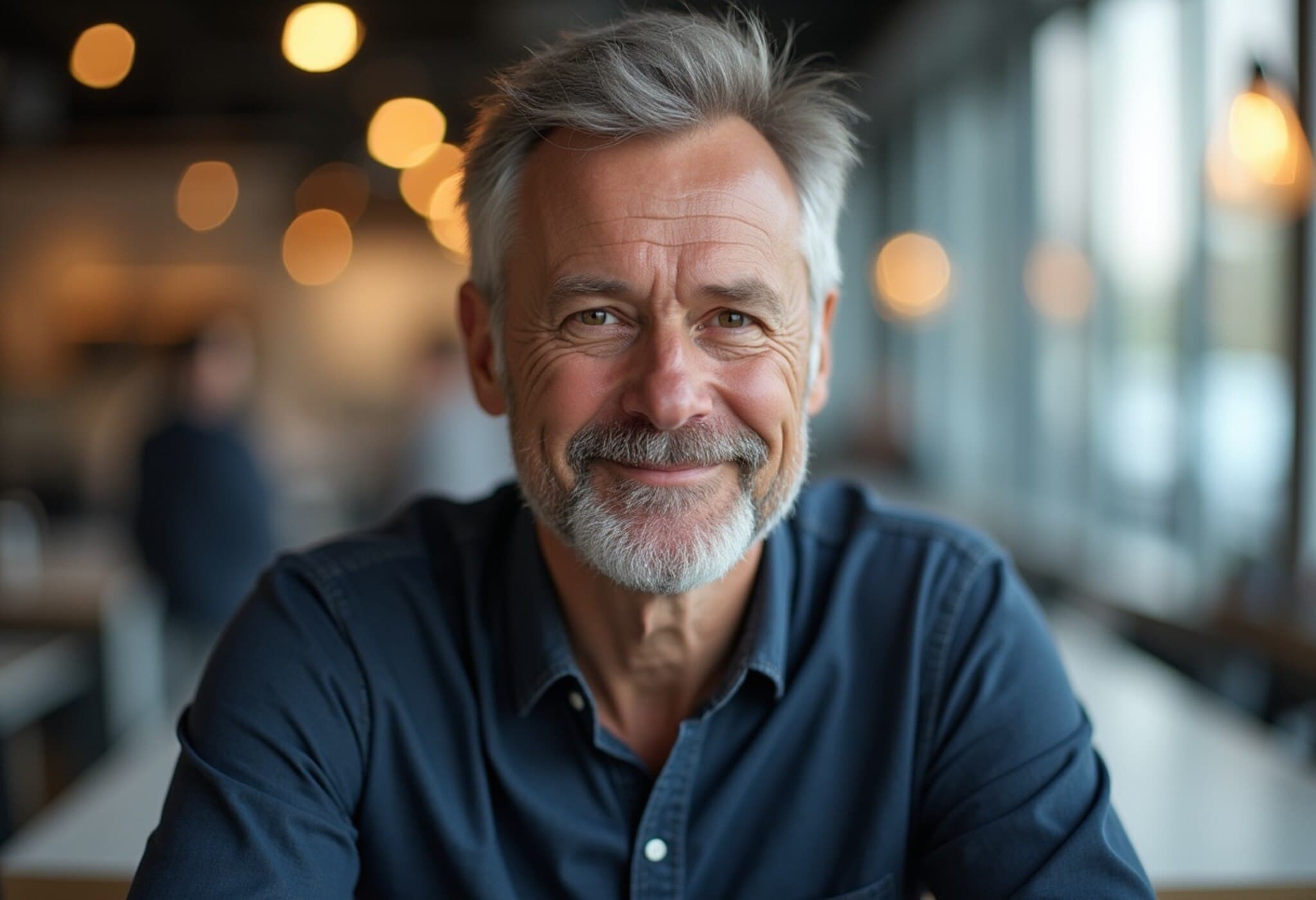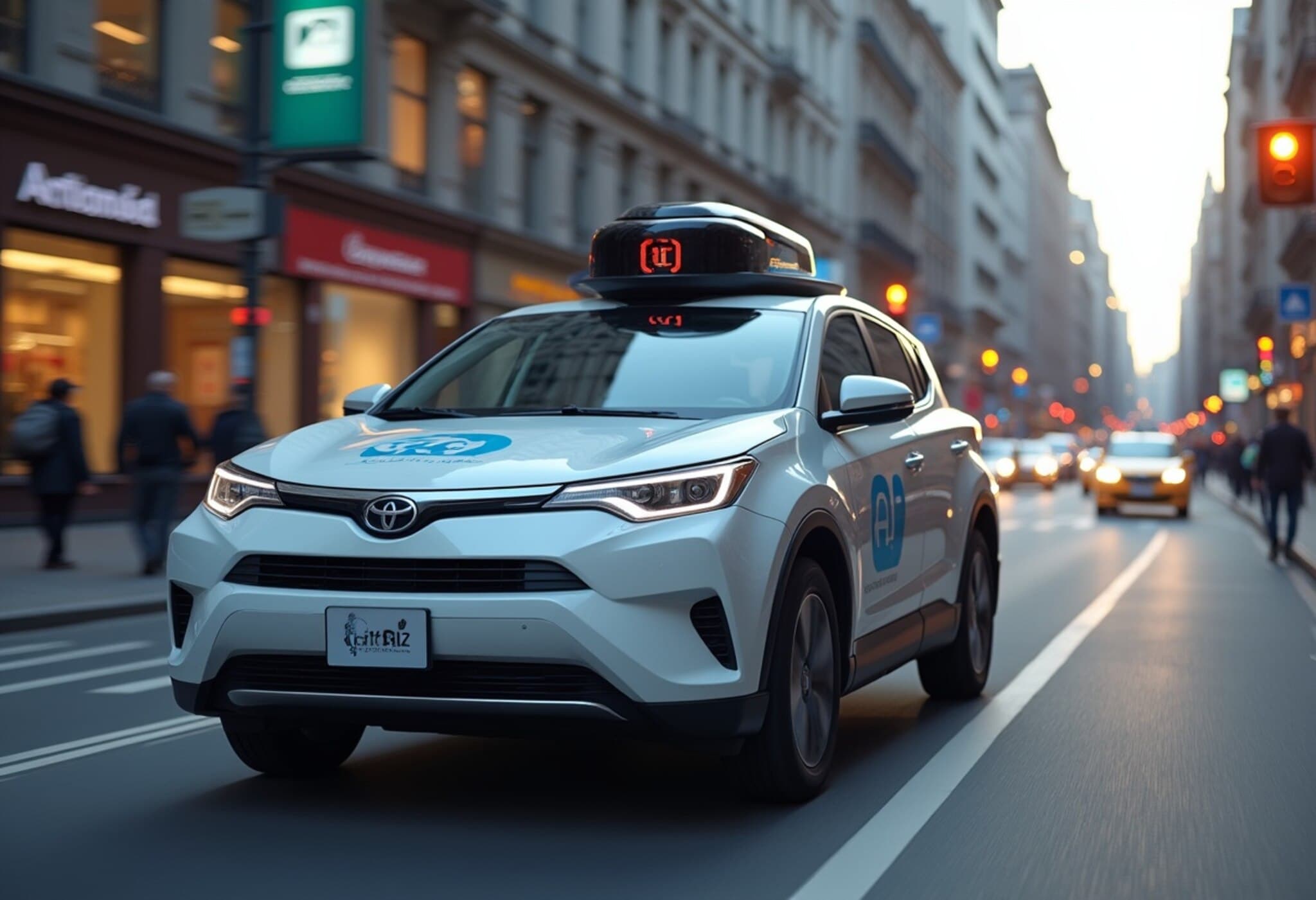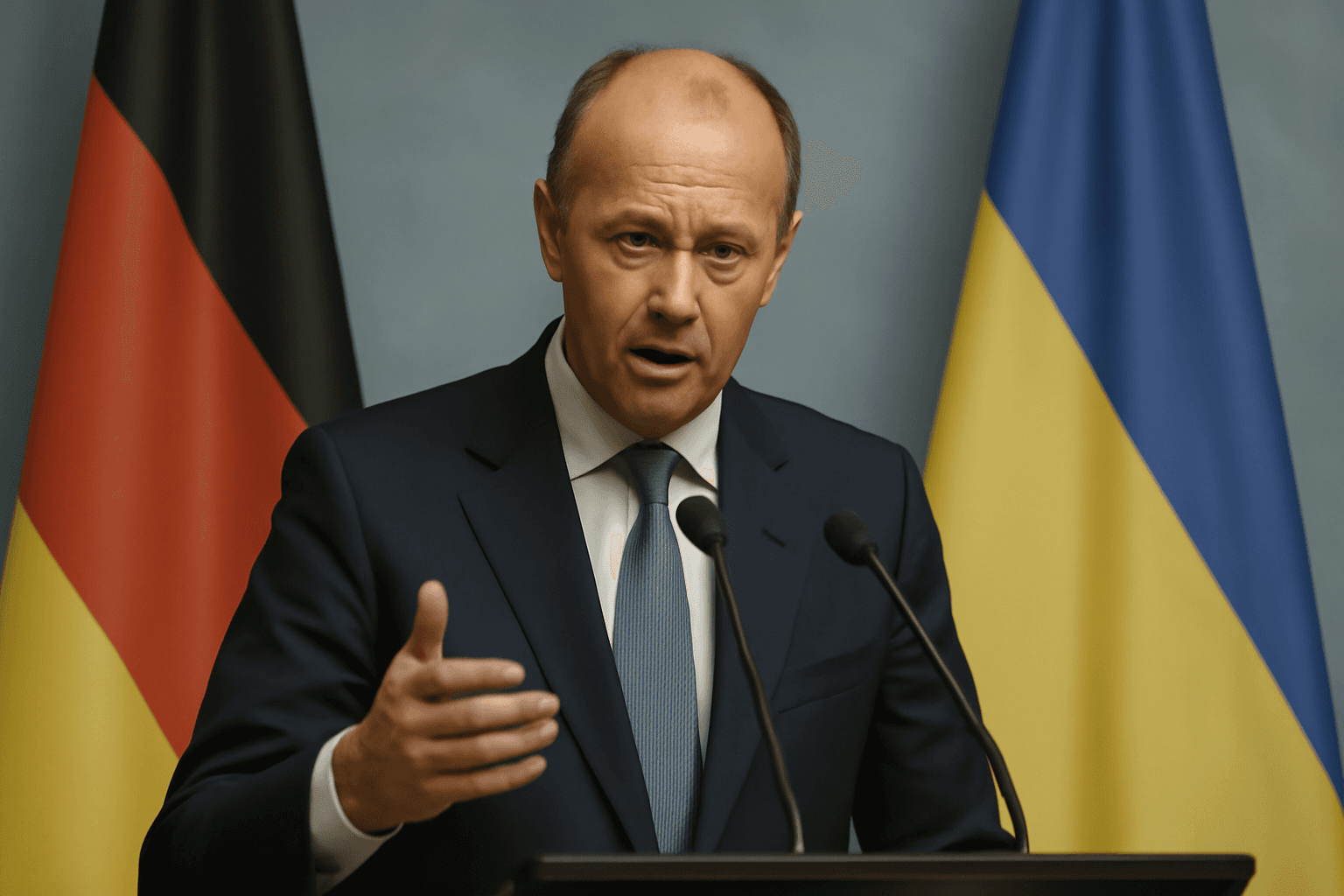Increasing numbers of young Europeans are expressing fatigue with constant smartphone use, sparking a shift towards digital detox and offline socializing. A Dutch company, The Offline Club, is leading this movement by organizing phone-free events in major cities including Amsterdam, London, Berlin, Paris, Milan, and Copenhagen.
Founded by Ilya Kneppelhout, Jordy van Bennekom, and Valentijn Klok, The Offline Club advocates for replacing screen time with meaningful real-life interactions. At their gatherings, smartphones and laptops are banned, encouraging participants to engage in activities such as reading, playing games, and arts and crafts. The company also hosts multi-day Digital Detox Retreats aimed at fostering genuine offline communities.
Studies corroborate the desire for less screen time, particularly among young people aged 16 to 29, who reportedly spend over three hours daily on smartphones—the highest across all age groups according to the German industry association Bitkom. A survey by the British Standards Institution found that nearly 70% of youth aged 16-21 feel worse after using social media, and half support digital curfews restricting app access after 10 p.m. Similarly, a 2024 Harris Poll revealed many young individuals wish platforms like TikTok, Instagram, and X had never been created.
Governments are responding with regulatory measures. The UK is considering mandatory digital curfews, Norway plans to raise the social media age limit from 13 to 15, and Australia increased it to 16 in late 2024. Denmark has imposed near-total bans on smartphones and tablets in schoolyards, acknowledging earlier digitalization policies were overly permissive.
Excessive smartphone use is linked to mental health issues such as depression, anxiety, stress, and sleep disturbances. A recent study in BMC Medicine showed depressive symptoms decreased by 27% following three weeks of reduced smartphone use. While the OECD reports a significant decline in youth mental health over the past 15 years, exacerbated during the COVID-19 pandemic, causality between smartphone use and mental health remains unproven.
The Offline Club continues to expand its offline events, with recent gatherings attracting over 1,000 participants, demonstrating a growing appetite for digital disconnection. This movement reflects a broader reevaluation of technology's role in young Europeans’ lives and a collective effort to prioritize wellbeing through authentic, device-free social experiences.

